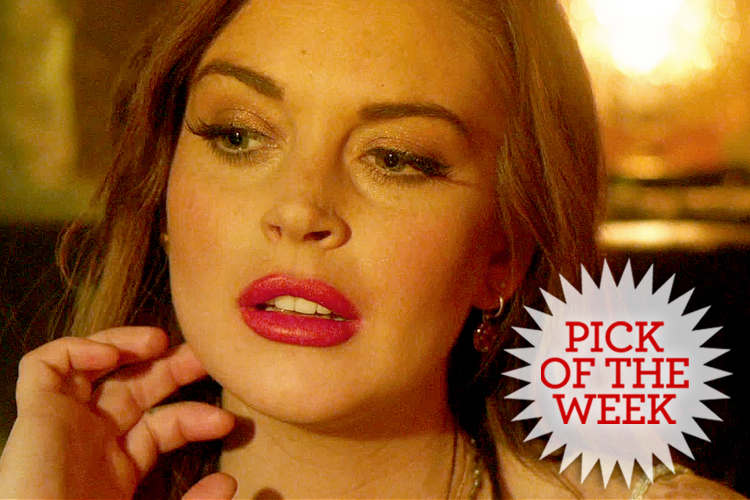BOOKS
David Gilbert’s “& Sons,” follows the story of a brilliant but self-involved novelist, A.N. Dyer, and his equally dysfunctional offspring who reside in Manhattan’s Upper East Side. Through Dyer, a Salinger-esque figure, Gilbert explores the “desperate narcissism of genius.” He prods at the endless self-enthrallment novelists possess as a class, and ultimately succeeds with a book “big enough to delight the rest of us,” writes Laura Miller:
Much of the edge of this novel comes from its jaundiced portrait of the fading dregs of haute-preppy society, from which the Dyers spring. In a merciless little sketch of A.N.’s blend of self-hating snobbery, he has the novelist size up the archivist and conclude, “he came from nowhere, one of those self-made intellectuals who modeled themselves on the type of Ivy-Leaguer Andrew so disliked: the premeditated WASP.” Richard, who has made a sincere attempt to abandon this milieu, nevertheless finds himself rubbing shoulders with its diaspora in Hollywood, what he calls “the Moveable East, innately privileged yet no longer happy with the idea of simply making money, pseudo-creatives who embraced the business of Los Angeles, with its ease of living and its lifestyle of plausible deniability.”
In “A Common Pornography,” Kevin Sampsell pulls together the many threads of a complicated family history through his own memory and interviews with his mother and half-siblings he hardly knew, around the time of his father’s funeral. The newly released audiobook version of Sampsell’s memoir-in-vignettes is filled with “pleasures particular to beginnings and endings,” as in a radio program or podcast, writes Kyle Minor:
There is trouble aplenty in the stories Sampsell discovered. His siblings were the daughter and sons of his mother’s earlier marriages to two truly terrible men, tyrants and wife-abusers both. And Sampsell’s own father, operating out of a tremendous reservoir of resentment, inflicted great cruelty on the children that preceded him to the family. Some of these family stories are so painful that the listener comes to see the siblings’ telling of them as an act of extraordinary generosity to a younger brother who got off much easier. Sampsell, likewise, earns the listener’s admiration for the extraordinary empathy that transformed the project from a small interesting thing and into a symphony of complication. It must have cost him greatly to get from here to there, because the first step was the undoing of the preexisting story he had been telling himself about his life, and the replacement of the old story with something more true and yet so much darker.
MOVIES
In Paul Schrader’s no-budget, Kickstarter-funded flick, “The Canyons,” Lindsay Lohan gives a brave and riveting performance as Tara, a beautiful but washed out young woman chewed up by Hollywood; a story purposefully analogous to her own. It’s a movie about people who make movies in a post-theatrical age, “or at least claim to, but who barely seem interested in them, except as a means to an end or as lifestyle accessories,” writes Andrew O’Hehir:
If that sounds like a rehash of every Ellis movie-novel project (especially “American Psycho” and “Less Than Zero”), mixed with a few dashes of “Melrose Place,” you’re in the ballpark. But every movie, of the “post-theatrical age” or not, is primarily a question of execution. Schrader and cinematographer John DeFazio, shooting with VOD release on the small screen in mind, notice character quirks and capture the ambience of iconic L.A. locations in ways other filmmakers might miss. As a visual symphony, “The Canyons” is often masterful, and while it may be pornographic in places, it’s never campy. At the center of its cold, beautiful and half-dead world is the almost incandescent Lindsay Lohan, burning like a flawed diamond.
TELEVISION
The fascinating new PBS movie, “Neurotypical,” will have you asking, like thousands of parents of children with autism, “Am I normal?” and “How do I know?” As the father of an autistic son, Andrew O’Hehir has asked himself the same questions, and highly recommends this point-of-view documentary as a “fascinating” and “richly valuable” portrait of those possessing “a set of syndromes that may reflect a heightened version of social difficulties we all share”:
One problem with the term “autism” is that it encompasses such a wide range of behaviors and responses that it can seem completely contradictory: Wolf can’t stand to be touched, but my son craves physical contact of many kinds; some people with autism disorders rarely or never speak, while my son has quite the opposite problem. “Neurotypical” is an important film because it’s largely told from the perspective of people with autism, talking about their strategies for communicating with the so-called normal world. My wife uses the expression “hacking autism,” which in our son’s case isn’t even a metaphor; at a recent family reunion he went around the house with an iPad, taking pictures of his aunts, uncles and cousins and labeling them. (He now understands that he has unusual difficulty attaching names to faces.)




